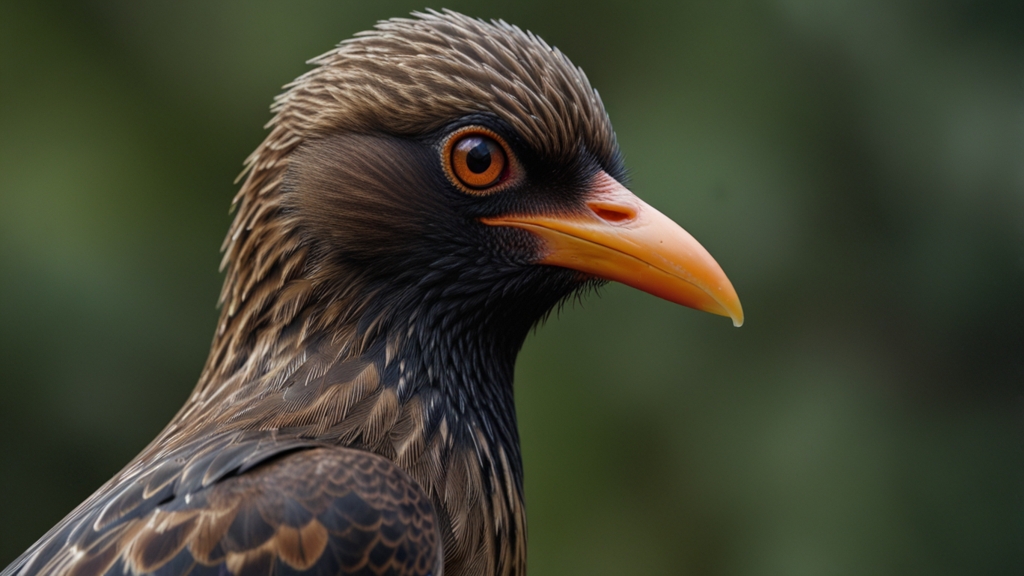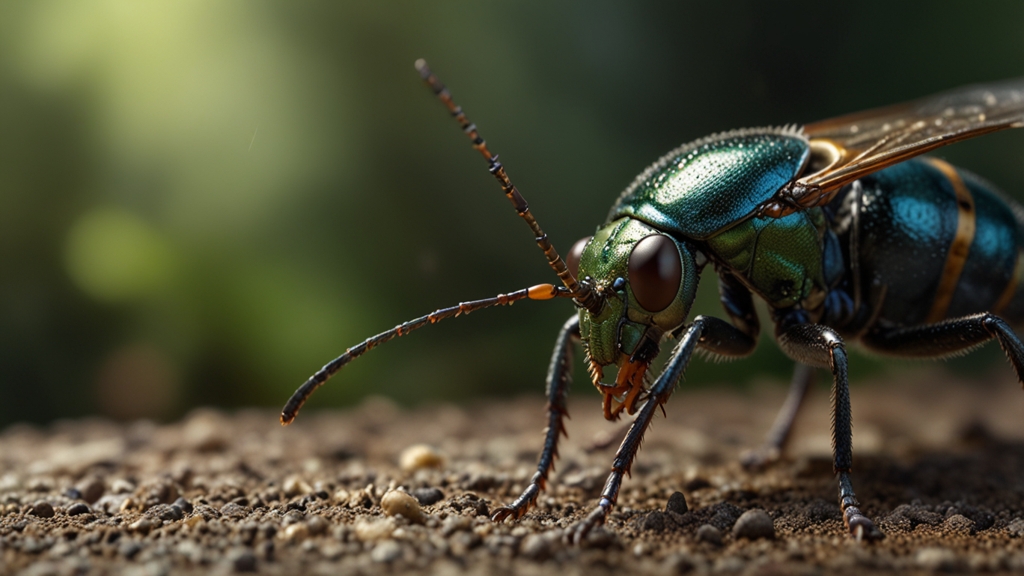Should We Fear Birds? The Truth About Their Mysterious Behavior
Birds have long fascinated humankind with their ability to soar through the skies and their vibrant displays of feathers. However, there are aspects of avian behavior that can seem downright eerie. Alfred Hitchcock's classic film "The Birds" capitalized on these fears, presenting birds as malevolent creatures capable of terrorizing humans. This leads us to an intriguing question: should we fear birds? Let’s explore the truth about their mysterious behavior.
The Origins of Avian Fear
Fears surrounding birds are not entirely baseless. Many cultures have folklore and legends about malevolent birds. Ravens, for example, are often associated with omens and death due to their scavenging nature. Yet, these ancient stories may be more a reflection of human superstition than an accurate representation of avian nature.
"For centuries, birds have been regarded as omens or messengers from the divine, both revered and feared." - Dr. Emily Robertson, Ornithologist
The Reality of Bird Behavior
Contrary to some fear-laden myths, most bird behaviors can be explained through science. Birds, like all animals, exhibit behaviors that are primarily driven by the need to survive, find food, reproduce, and protect their young. Aggressive bird encounters with humans are usually rare and almost always have logical explanations, such as protecting a nearby nest or feeling threatened.
The phenomenon known as "mobbing" is a prime example. When a group of birds aggressively attacks a predator or a perceived threat, it can appear menacing. However, this is a defensive strategy to protect their territory or young ones. Understanding these behaviors can allow us to coexist peacefully with our feathered friends.
Intelligence and Social Structures
Many people are surprised to learn that birds are highly intelligent creatures. Corvids, such as crows and ravens, are known for their problem-solving abilities and use of tools. Parrots possess impressive mimicking skills and can learn to communicate using human speech.
"Some birds demonstrate cognitive abilities on par with those of mammals, including humans. Their behaviors may seem mysterious or unsettling because we are not used to seeing such intelligence in creatures that are so different from us." - Dr. John Marzluff, Wildlife Science Professor
The social structures of birds are also fascinating and complex. Many species form intricate social hierarchies and exhibit a high degree of cooperation and communication. Understanding these social dynamics can demystify seemingly strange behaviors, such as the synchronized movements of flocks or the grooming behaviors seen among pairs.
Birds and Human Interaction
The vast majority of bird species pose no threat to humans. Even when birds become nuisances—raiding crops, nesting in inconvenient places, or making loud noises—they are acting out of their natural instincts rather than malice. Humane and effective strategies exist to address these issues without harming birds.
Bird-watching and conservation efforts highlight another side of human-bird interaction. Observing birds in their natural habitats can foster a deep appreciation for their beauty and complexity. Conservation initiatives aim to protect bird species and their habitats, ensuring that future generations can enjoy their presence.
Conclusion
In conclusion, fears about birds are often rooted in misunderstanding and superstition. While some bird behaviors can seem mysterious or alarming, they are typically driven by survival instincts and social needs. Recognizing the intelligence and complexity of birds opens up a world of fascination rather than fear. So, should we fear birds? The evidence suggests that we should not, but rather seek to understand and appreciate these incredible creatures.
"Birds are a crucial part of our ecosystem, and their behaviors, while sometimes perplexing, are essential for the balance of nature." - Sarah Gibson, Environmental Scientist






